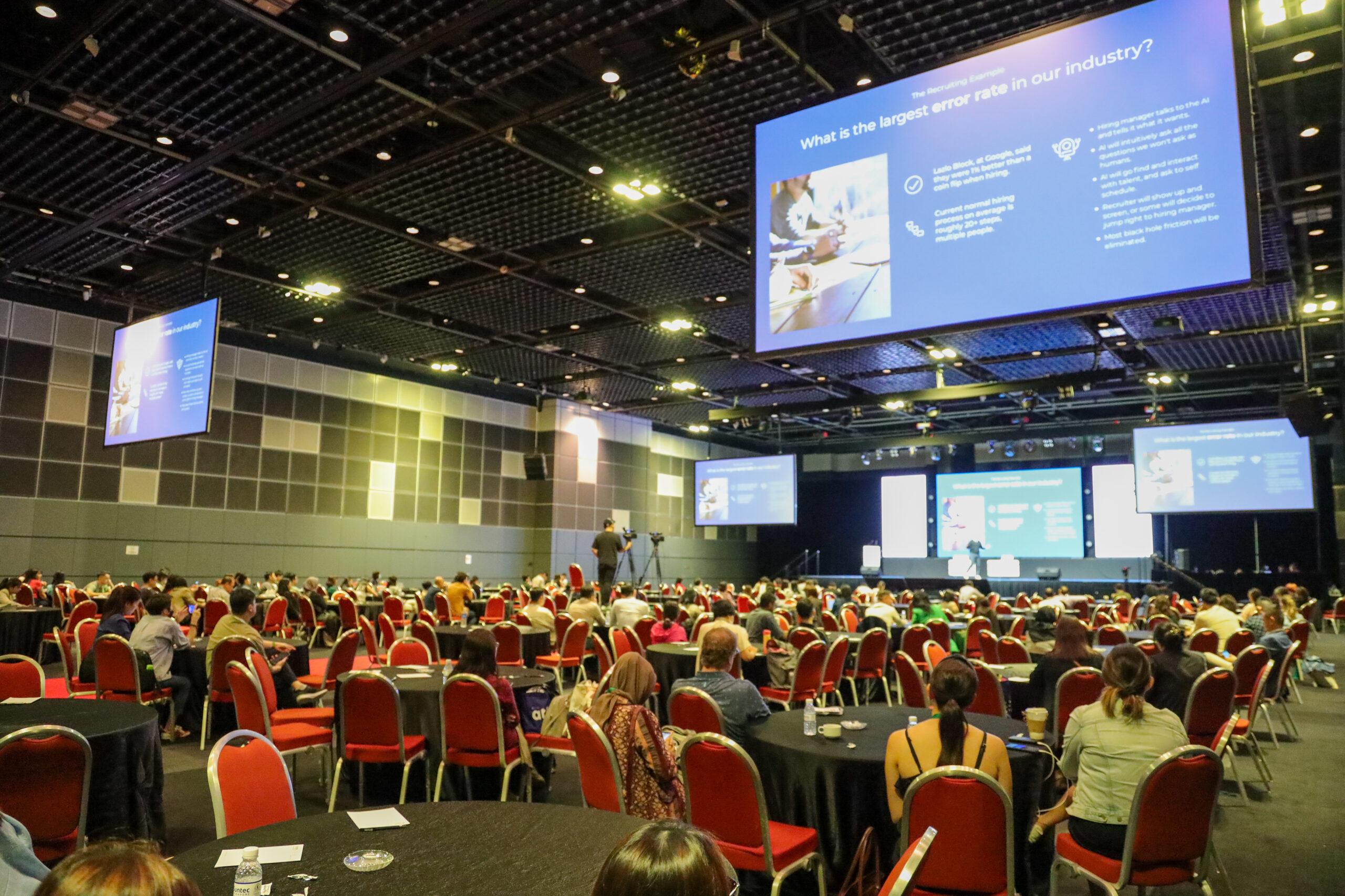Malaysia considers progressive wage policy to raise salaries
- Champa Ha

The Malaysian government is looking into a progressive wage policy to raise salaries faster in a bid to boost the labour market and give more support to the reduced share of wages in the economy.
Announced by Prime Minister Anwar Ibrahim after a National Economic Action Council meeting, this wage policy will be voluntary, incentive-based, and productivity-linked.
With around two million of the country’s 16.6 million workforce earning less than RM $2,000 (USD $437.18) a month, and most Malaysian blue-collar employees reaching a maximum monthly salary of RM3,500 (USD $765.06) in their careers, Malaysia’s average wage levels have plateaued. The persistent low wage is one of the reasons the cost of living in Malaysia is one of the most pressing issues for Anwar’s administration.
Preliminary engagement sessions have shown that 62% of employees and 80 % of support the proposed wage model. The next steps, Anwar explained, will be to garner feedback from industry key opinion leaders, organisations, and employees through talks. The proposal will then be brought to the cabinet for deliberation and to study the requirements to provide funds as incentives for its gradual implementation, he said.
READ MORE: Formal employees in Malaysia see increase in median monthly wages
This new progressive wage model will include guidelines for annual salary revision “for every sector, every job, and every stage”, Anwar explained, and is part of labour market reforms meant to help employees in Malaysia deal with rising living costs.
With employee wage share ratio falling from 37.2% to 32.4% in the last two years, the Malaysian government is looking to lift the proportion to 45%, reported Bloomberg.






